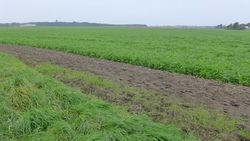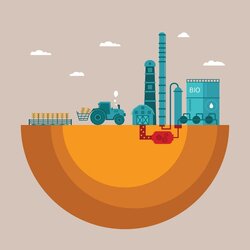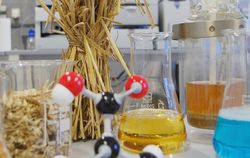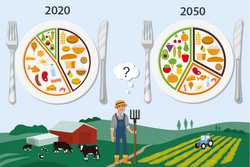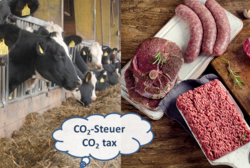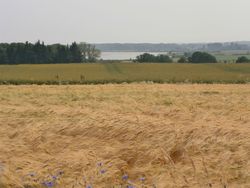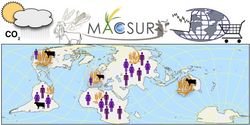
International developments and policy decisions affect supply, demand, trade and prices of agricultural commodities. In the work area, "Model-based Policy Impact Assessment" we identify consequences of possible future policy changes using economic models. Our results serve as a basis to support policy decision-making processes.
We use a variety of scientifically sound models to analyse relationships between different market agents. Our models describe, for example, the relationship between growth in per capita income and domestic demand or the relationship between tariffs and import demand. With a so-called “Baseline” we project how agricultural markets and trade develop over the next decade given current policies. In most cases we collaborate in the Thünen Model-Platform. In order to provide answers to current political issues at short notice, our models and their databases are continuously maintained, updated and kept ready for use.
Our Baseline serves as reference for further analyses. These include the exploration of effects of future policy changes (for example reduction of direct payments), changes in overall economic conditions (such as a depreciation of the Euro) and changes resulting from technological progress (such as a better vegetable oil yields in rapeseed processing). Such alterations are combined in scenarios describing the implications of complex changes: What are the effects of bilateral trade agreements on the German agricultural sector given the implementation of the recent CAP reform?
We present the outcome of scenarios relative to the projections of the Baseline. Our analyses enter recommendations for German as well as EU policy making processes. Furthermore, our results are published and available to our economic partners and the public.

![[Translate to English:] [Translate to English:]](/media/_processed_/3/e/csm_AdobeStock_249730128_92f14d3a63.jpeg)
![[Translate to English:] [Translate to English:]](/media/_processed_/3/e/csm_AdobeStock_249730128_a6fcf4c893.jpeg)

